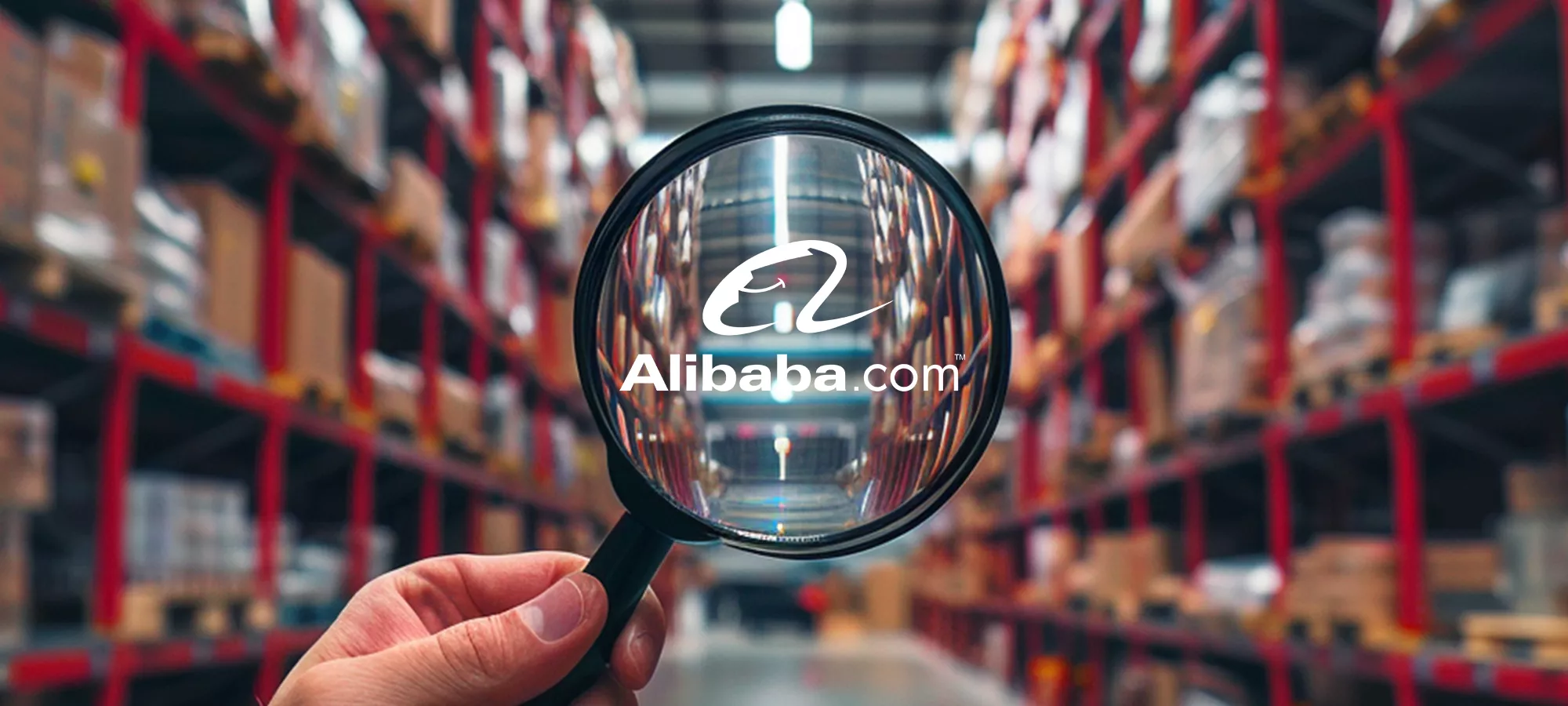Alibaba is one of the largest global marketplaces where entrepreneurs can find suppliers for virtually any product. However, with thousands of sellers on the platform, it can be tricky to figure out which suppliers are trustworthy and reliable. Choosing the right supplier is crucial to the success of your business. In this blog, we’ll guide you through the steps to identify reliable suppliers on Alibaba and ensure that you’re working with reputable manufacturers.
As mentioned in the previous post, “What is Alibaba and How It Can Help Your Business in Zambia,” sourcing quality products begins with selecting the right supplier. Let’s explore how to do this effectively.
1. Use Alibaba’s Verification Tools
Alibaba offers several tools to help you vet suppliers. When browsing for products, you will notice badges or labels next to the supplier’s name. Here’s a quick breakdown of these important indicators:
- Gold Supplier: Suppliers who pay for this membership have passed some level of verification. While this doesn’t guarantee they are reliable, it shows they have invested in their presence on the platform.
- Verified Supplier: These suppliers have been inspected by a third-party company to verify their legitimacy.
- Trade Assurance: This is one of the most important badges to look out for. Trade Assurance offers protection for buyers by ensuring that you receive your products as agreed, or you get your money back.
Using these tools is the first step toward finding a reliable supplier, as it shows they have passed Alibaba’s basic trustworthiness checks.
2. Check the Supplier’s Experience and Transaction History
Experience speaks volumes about reliability. To evaluate a supplier’s experience:
- Look at the years they’ve been on Alibaba. A supplier with 3+ years of experience on the platform tends to be more trustworthy.
- Review their transaction history. Alibaba provides a “Transaction Level” indicator that reflects the number of orders a supplier has fulfilled.
- Check their response rate. A high response rate (above 90%) is a good sign that they are actively engaging with clients and providing customer support.
A supplier with a strong transaction history and years of operation is more likely to deliver quality products on time.
3. Review Customer Feedback and Product Ratings
Customer feedback is one of the most reliable indicators of a supplier’s performance. Before contacting a supplier, always:
- Read through customer reviews. Look for consistent positive feedback about product quality, communication, and delivery times.
- Check product ratings. A high rating, coupled with positive reviews, is a sign that the supplier delivers good quality products.
Be cautious of suppliers with too few reviews or a high percentage of negative feedback. If you see complaints about poor quality, late deliveries, or communication issues, consider looking for another supplier.
4. Communicate with Suppliers Directly
A key part of finding a reliable supplier is good communication. Once you’ve shortlisted potential suppliers, reach out to them with your inquiries. Here’s how to assess their reliability during communication:
- Ask detailed questions about the products you’re interested in, such as materials, certifications, and customizations.
- Inquire about their minimum order quantity (MOQ) and whether they’re flexible with orders.
- Test their responsiveness. Reliable suppliers will respond promptly, provide clear answers, and demonstrate a willingness to accommodate your requests.
Good communication from the beginning is essential for a successful business relationship.
5. Request Product Samples
Before placing a large order, always request a sample. This allows you to assess the product’s quality and ensure it meets your expectations. Even if the supplier has great reviews and ratings, seeing and testing the product yourself can save you from potential issues down the line.
When receiving samples:
- Examine the product quality closely.
- Check for consistency if you order multiple samples (e.g., different colors or sizes).
- Assess the packaging and labeling to ensure it meets your business standards.
This step is crucial in determining whether the supplier’s products will meet your customers’ needs.
6. Use Escrow Payment for Protection
When you’ve found a supplier and are ready to place an order, consider using Alibaba’s Escrow Payment System (Trade Assurance) to safeguard your money. This system holds the funds until you’ve received your goods and confirmed that they meet your expectations. If anything goes wrong, you can dispute the transaction and potentially get your money back.
By using Trade Assurance, you protect your business from unreliable suppliers who may fail to deliver as promised.
7. Request Certifications and Factory Inspections
For businesses in specialized industries, such as electronics or health products, certifications are essential to ensure product safety and compliance with industry standards. You can:
- Request certificates like ISO, CE, or other relevant compliance documents to verify the supplier’s claims.
- Opt for factory inspections. You can hire third-party inspection companies to check the factory’s capabilities and quality control processes.
This extra layer of diligence helps prevent costly mistakes and ensures you’re working with a reputable supplier.
8. Build a Relationship with Your Supplier
Once you’ve found a reliable supplier, focus on building a strong, long-term relationship. This can lead to better deals, flexible terms, and priority service in the future. Here’s how to foster a good relationship:
- Communicate regularly and clearly.
- Pay on time to build trust.
- Provide feedback on the products you receive.
By developing a healthy relationship, your supplier may offer discounts, faster shipping, or even help with custom products.
Conclusion
Choosing the right supplier on Alibaba is critical to the success of your business. By using Alibaba’s verification tools, reviewing customer feedback, and maintaining good communication, you can confidently select a reliable supplier who delivers high-quality products. Don’t forget to request product samples and leverage Alibaba’s Trade Assurance to protect your purchases.
In upcoming blogs, we’ll discuss how to negotiate with Alibaba suppliers and how to handle disputes effectively.


